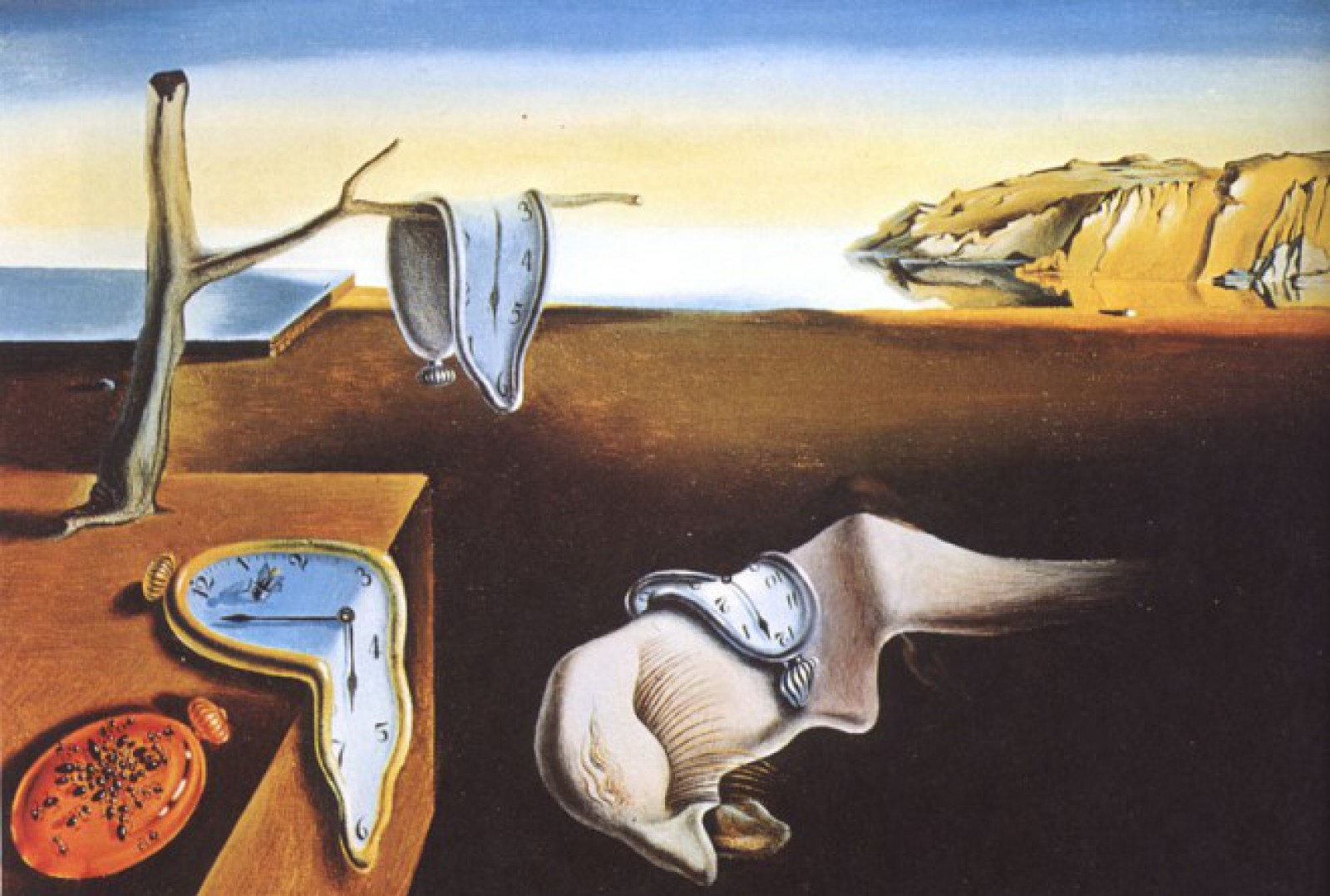Nietzsche’s philosophy focuses on Art, Tragedy, and Nihilism. Our contemporary society is not dominantly religious, with the rise of science, many societies look to science for faith and belief. Yet science does not provide us with many crucial answers that we seek, like religion did, such as: Why are we here? Why do we suffer? What is our meaning? What happens after death?. Unfortunately for most of us, God is dead, and we’re not sure who to turn to.
Nietzsche believed that we must turn to art, yet our society is not a dominantly artistic one. It could be hypothesised that our society does turn to art, but not the obvious forms that Nietzsche might have had in mind. Media, film, and television is the modern society’s “art” form, that provides answers for our questions, and meanings for our lives.
 Tragedy is found all over our media today, it is a genre that has remained extremely popular for a vast amount of years because of its skilful way of combining the Apollonian will to beauty, illusion and individual form, and the Dionysian will to dissolution of individuality. Because of this combination, the art of tragedy is given great meaning, and therefore, the audience is able to explore this great meaning.
Tragedy is found all over our media today, it is a genre that has remained extremely popular for a vast amount of years because of its skilful way of combining the Apollonian will to beauty, illusion and individual form, and the Dionysian will to dissolution of individuality. Because of this combination, the art of tragedy is given great meaning, and therefore, the audience is able to explore this great meaning.
 The parts of humanity, society and the world that science cannot explained is either explained or explored in ideas presented through film. Tragic films like Requiem for a Dream (2000) are able to explore these ideas to the greatest of extents. Requiem for a Dream follows the downward turmoil and tragic end of four characters, and combines extremely dark themes with beautiful visual shots, and emotional music. Human suffering is a key theme in this film, and we, as viewers, are able to explore the question, “why do we suffer?”.
The parts of humanity, society and the world that science cannot explained is either explained or explored in ideas presented through film. Tragic films like Requiem for a Dream (2000) are able to explore these ideas to the greatest of extents. Requiem for a Dream follows the downward turmoil and tragic end of four characters, and combines extremely dark themes with beautiful visual shots, and emotional music. Human suffering is a key theme in this film, and we, as viewers, are able to explore the question, “why do we suffer?”.
 Films like these cannot provide straight answers to these questions. Yet films create meanings that were not before there. Morality, suffering, and human emotion is given meaning in Requiem for a Dream, and though this film has a dark end, it is not nihilistic, as we can see the connections between the characters’ actions and their consequences.
Films like these cannot provide straight answers to these questions. Yet films create meanings that were not before there. Morality, suffering, and human emotion is given meaning in Requiem for a Dream, and though this film has a dark end, it is not nihilistic, as we can see the connections between the characters’ actions and their consequences.
Films, whether tragic or not, are a great modern art that can be used, much like Nietzsche thought it should, to combat the dread of Nihilism.

